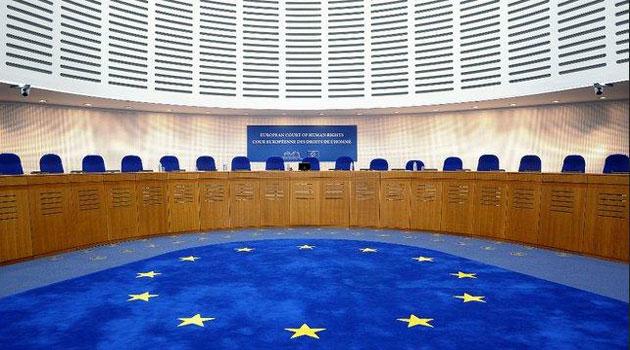New European civil society network hopes to accelerate the delivery of justice

The European Implementation Network (EIN) began its work on 2 December at the headquarters of the European Court of Human Rights in Strasbourg, France. The main aim of this new nonprofit organization is to support the implementation of judgments handed down by the court.
EIN is supposed to function as a kind of bridge between civil society, the Committee of Ministers of the Council of Europe, which supervises the implementation of judgments, and the court itself. Its launch was attended by dozens of representatives of civil society, the Council of Europe, and justices of the court.
Nils Muižnieks, the Council of Europe’s Human Rights Commissioner, was also present. Civil society support for the implementation of judgments was discussed during the EIN launch as absolutely crucial, because when judgments are not implemented, victims’ rights to justice are denied and the authority of the court is undermined in the long run.
Mužnieks reminded those present of the famous saying that “justice delayed is justice denied”. Currently as many as 11 000 European Court of Human Rights judgments have yet to be implemented.
Among the states with the highest number of unimplemented judgments are Hungary, Italy, Russia and Turkey. Those attending the discussion repeatedly mentioned that some judgments require extensive adjustments to many laws because they reflect structural problems (such as the D.H. and Others vs. the Czech Republic judgment about discrimination of Romani children in their access to education, which has taken nine years to implement and is not yet fully implemented).
The political will to implement judgments seems to be absolutely essential. The long time that it takes to implement judgments was mentioned in connection with the EIN logo, which is reminiscent of a snail.
EIN has functioned as a project since 2014 and this year entered a new phase as a full-fledged nonprofit. So far it has established 15 partnerships around Europe.
Its three main aims include first, supporting the effective implementation of judgments by improving court procedure, transparency, and greater participation by civil society. Its second aim is to support the capacity of nonprofit organizations to actively participate in implementation both in Strasbourg and in their own countries.
EIN’s third aim is to improve the exchange of information about implementation among its own partners and with the Council of Europe. Civil society representatives can currently submit shadow reports to the Committee of Ministers about the implementation of judgments (so-called “filings per Rule No. 9”) or can organize briefings on such implementation for the Permanent Representatives to the Council of Europe.
